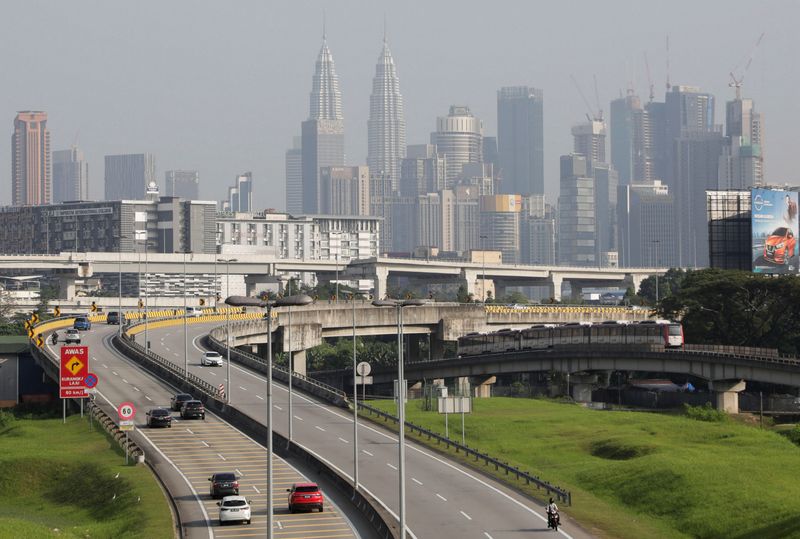By Danial Azhar
KUALA LUMPUR - Malaysia will likely introduce further subsidy cuts and new taxes as part of its budget for next year, analysts and economists said, as it looks to strengthen its fiscal position amid expectations of falling government revenue.
Prime Minister Anwar Ibrahim is set to announce the government's spending plan for 2025 in parliament on Friday, aiming to balance fiscal consolidation and economic growth while alleviating rising living costs.
He is likely to announce steps to implement a tax on high-value goods first mooted in the previous budget as well as a tax on sugar-sweetened beverages, analysts and economists said.
But the government is unlikely to revive a broad-based goods and services tax, they said, brushing off calls to do so to beef up revenue in anticipation of lower dividends from national energy firm Petroliam Nasional Berhad, or Petronas.
Petronas contributions are a significant source of revenue for the federal government, its sole shareholder, but declining crude oil prices could squeeze the company's petroleum-related income this year.
Under the budget for 2024, Petronas will contribute 32 billion ringgit ($7.45 billion) in dividends to the government this year, down from 40 billion ringgit in 2023.
"Given that crude oil prices are likely to stay lethargic, it could be quite challenging for Petronas to maintain a sizeable dividend payout to the government," said Mohd Afzanizam Abdul Rashid, chief economist at Bank Muamalat Malaysia.
The government is also likely to revise its economic growth projection to 4.5% to 5.1% for 2024 from the previous range of 4% to 5%, said Mohd Afzanizam, who expects the economy to grow 5% in 2025.
The central bank forecasts 2024 growth at the upper end of 4% to 5% this year, while it does not expect headline or core inflation to exceed 3%. The economy expanded 5.9% in the second quarter from a year earlier, its fastest pace in 18 months.
Subsidy adjustments for the widely used RON95 petrol, sugar, and domestically produced white rice are likely to be announced in the budget for 2025, CIMB Research said in a client note.
This would follow the removal of costly blanket subsidies this year for diesel fuel, electricity and chicken, among other items, as Malaysia shifts to a targeted approach that mainly helps low-income households and bolsters government coffers.
The government has also announced broad pay hikes and salary restructuring for the country's 1.6 million civil servants, effective Dec. 1, with the aim of increasing wages in line with the rising cost of living.

The fiscal deficit is likely to narrow to 3.5% to 3.9% of gross domestic product from an estimated 4.3% this year, analysts said, due to the subsidy cuts.
($1 = 4.2970 ringgit)